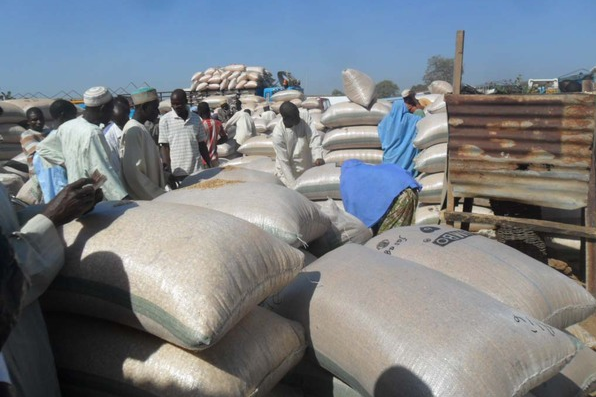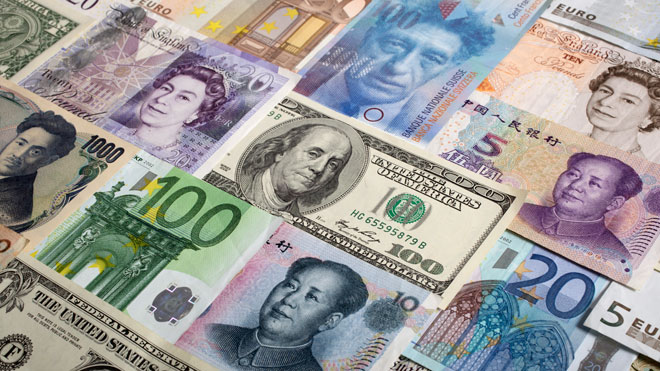From all indications, oil-dependent economies are heading for a recession with the return of Iran to the global market, as oil trades in the region of $23 to $28.
On Saturday, the US and the European Union lifted economic sanctions that had shut Iran out of the global economic market for more than a decade.
The sanction was lifted after Iran agreed to “roll back the scope of its nuclear” activities in a largely-criticised deal with the US, meaning Iran can now sell its oil on the global economic market.
After the sanctions were lifted, the Organisation of Petroleum Exporting Countries (OPEC) basket price for crude fell “to 23.58 dollars a barrel on Monday, compared with $24.74 the previous Friday”.
Advertisement
What does this mean for a country like Nigeria?
LOWER REVENUE
After Venezuela and Saudi Arabia, Iran has the highest proven oil reserves in OPEC, with about 157 billion barrel reserves. Nigeria only has 37 billion.
These reserves reflect the ease with which these countries can trade oil to the rest of the world, with Iran pumping an excess of 500,000 barrels per day into the global market which is currently suffering from oversupply.
Advertisement
Iran’s input is expected to open more gap between supply and demand, hence, driving the prices to new lows.
At new lows, Nigeria’s oil revenue would fall correspondingly, giving government less money to perform its responsibilities.
SHUTDOWN OF SOME OIL FIELDS
In 2016, CNN said the cost of production of one barrel of crude oil is at $31. Industry sources however confirmed to TheCable that the production costs differ from field to field.
“Typically, it is between $15 and $18 per barrel for onshore projects, and $25 to $30 for offshore projects,” an offshore Engineer said.
Advertisement
“Fields with enhanced recovery systems are expensive, the new hydraulic fracturing cost above $30 per barrel in production.”
With the foregoing, oil field with enhanced recovery systems and some other offshore projects within the $25 to $30 production bracket are expected to shut down anytime soon.
REDUCTION IN EXPECTED OUTPUT
The Nigerian budget for the 2015 fiscal year has been benchmarked at $38 per barrel of crude and with an expectation that the country would produce 2.2 million barrels per day.
Recent realities however show that the falling prices, which make production unprofitable, would lead to the shutting down of some oil fields and consequently reduce the expected oil output of 2.2 million barrel.
Advertisement
This would mean even lesser revenues than imaginable in 2016.
LOSS OF JOBS
In 2015, Royal Dutch Shell cut as much as 7,500 jobs to accommodate the prevailing conditions in the global economic market. This was done at a yearly average oil price above $40.
Advertisement
In 2016, where the oil prices are steeping towards $20, against predictions that it would hover around the fringes of $30, many more companies in the Nigerian oil sector may be forced to cut cost to ensure survival.
An Industry source told TheCable that the realities may not affect a company like Mobil, which benchmarks its dealings at an oil price of $12 per barrel since 2006, but may affect some others who were used to the $114 per barrel less than 20 months ago.
Advertisement
SHRINKAGE OF NATIONAL ECONOMY
The Nigerian stock exchange has lost at least N2 trillion since the opening of trading sessions in 2016. The sell-down experienced so far has been blamed on the nation’s economic realities and the central bank forex policy.
The CBN may be forced to pursue even stricter measures with the likelihood of lesser foreign exchange due to falling prices.
Advertisement
This would consequently increase capital flight and shrink the national economy.
Add a comment







